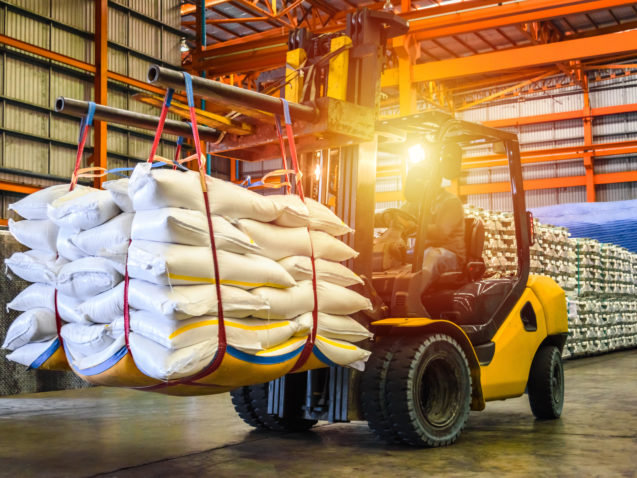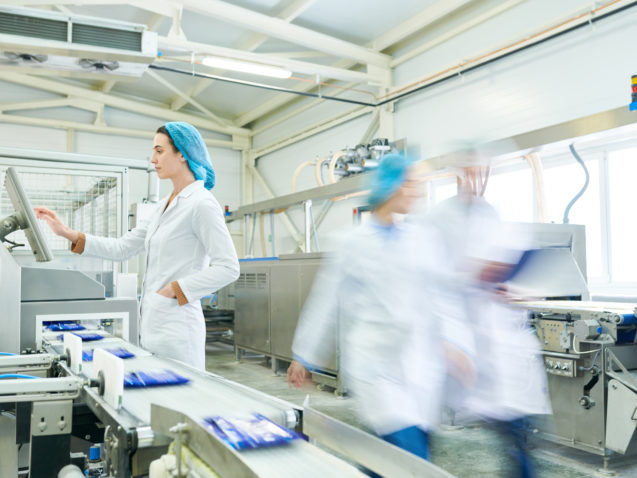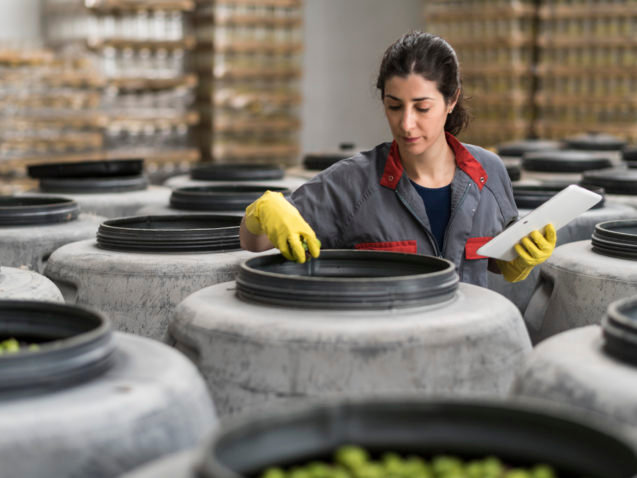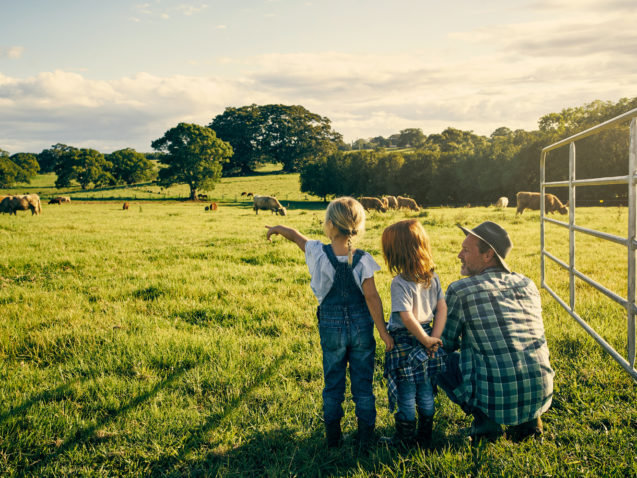I’d like to pay tribute to the men and women around Europe, and globally, who continue to grow, harvest, transport, manufacture and sell the wonderful array of food and drink products to which we have become accustomed, in the face of the devastating coronavirus pandemic.
From the farmers and factory floor workers, to the truckers and retailers – all of these individuals are essential to our wellbeing. Without you, we would not have breakfast, lunch, dinner or any of the treats in between.
Without you, we would not have breakfast, lunch, dinner or any of the treats in between.
Like so many millions of people around the world, I am following government guidelines to stay at home in order to slow the spread of the coronavirus.
My daily commute has been reduced from a 45-minute battle along the Brussels highways, to a more sedate trip down the stairs. And my packed diary of meetings, conferences and other events has been replaced by a steady stream of video conference calls.
My life at home certainly contrasts with that of the essential workforce that keeps the food supply chain ticking despite the stress, fear and disruption brought on by the coronavirus.
In Europe, 4.7 million people work in the food manufacturing industry, supporting 294,000 food and drink businesses of all sizes. They are all under immense stress at the moment, with worries about their health, their families, their jobs and the prospect of an uncertain future. And yet the food keeps on coming, thanks to these #FoodHeroes.
If you know people working on the frontlines of the food chain, from farm to fork, please ask them to download this message board, to fill in the gaps and tweet using #FoodHeroes. Together we want to show the public how this workforce is committed to keeping your food and drink coming.
To learn more about how FoodDrinkEurope is supporting its workers and businesses, I encourage you to read Dirk Jacobs’ excellent blog ‘Ensuring continued access to food in times of COVID-19’.









